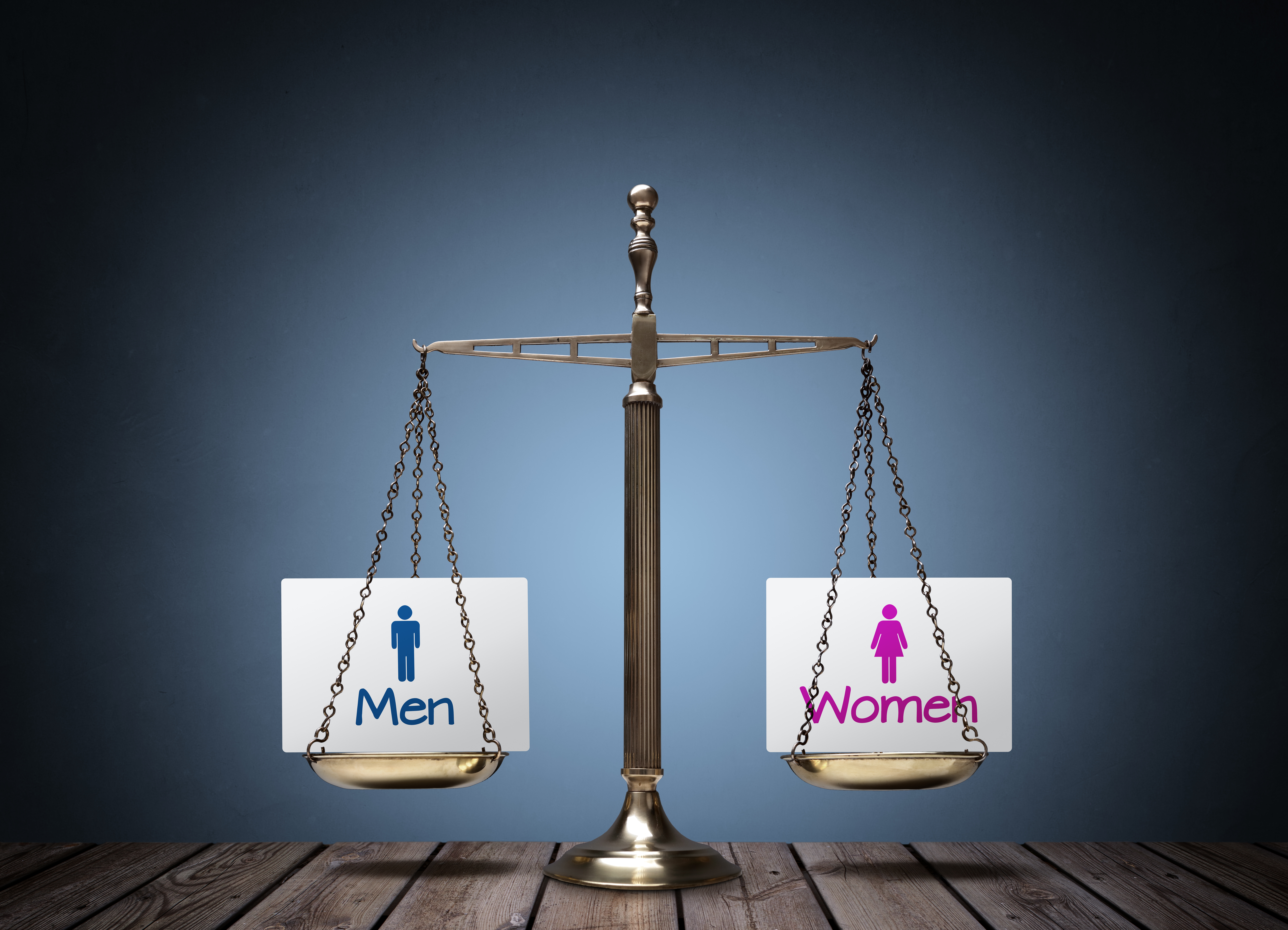California business owners must understand the widespread implications of the landmark Unruh Civil Rights Act. The vital piece of civil rights legislation provides legal protection for consumers. Violations of the Unruh Act lead to serious legal repercussions for California businesses of all sizes.
The Broad Definition of “Business Establishment”
Several California Supreme Court decisions have emphasized the definition of business establishment must be interpreted “in the broadest sense reasonably possible.” The Unruh Act applies to for profit businesses and non-profit organizations related to business or economic interests. However, charitable organizations that operate outside of business or economic interests are not considered business establishments under the Unruh Act.
Here are examples of business establishments covered under the Unruh Act:
- Hotels
- Restaurants
- Medical care facilities
- Retail outlets
- Manufacturing plants
- Theaters
- Salons
- Grocery stores

Legal Protection against Discrimination
Under the Unruh Act, California business cannot “intentionally and arbitrarily discriminate against customers based on any personal characteristic, including sex, race, color, religion, ancestry, national origin, disability, medical condition, marital status, or sexual orientation.” The Unruh Act ensures every consumer receives equal access to services, facilities, and accommodations. You do not have to demand equal access and treatment to file a lawsuit that pertains to the Unruh Act. A few organizations, such as the Boy and Girl Scouts, are not considered business establishments.
How to File a Claim under the Unruh Act
If you feel a California business establishment has violated one or more provisions of the Unruh Act, you file a formal complaint with the California Department of Fair Employment and Housing (DFEH). The DFEH must receive the formal complaint within one year of the alleged discrimination. Moreover, victims of Unruh Act violations have the right to file lawsuits against the business establishments responsible for committing the violations. Court mandated compensatory damages cannot exceed the maximum of three times (treble damages) the damages suffered by victims. The Unruh Act sets the minimum compensatory award for violations at $4,000
Business Defense Options
A 2008 ruling by the California Court of Appeals stated that consumers establish legal standing for filing discrimination lawsuits under the Unruh Act by offering to purchase a product or service offered by a business. The court held that for a plaintiff to acquire legal standing, he or she must develop a special interest that is “concrete and actual rather than conjectural or hypothetical.” California businesses have other defense options to prevent Unruh Act generated lawsuits.
Statutes of Limitations
The statute of limitations for filing an Unruh Act lawsuit is within two years of the alleged discrimination. If you want to file a lawsuit against a government agency for compensatory damages, your case falls under the California Government Tort Claims Act. You can expect to deal with an accelerated judicial filing period and follow unique procedural standards when you sue a government agency.
Customer Conduct
The Unruh Act does not cover illegal behavior conducted by consumers. California businesses possess the legal right to restrict consumer behavior, as long as the restrictions “are rationally related to the business being conducted on the facilities.” Businesses also enjoy the right to ask customers who damage property or injure other patrons to leave the building.
Other Unruh Act defense options for California businesses include limited jurisdiction and the presence of construction on-site or nearby.
As a California consumer, the Unruh Act ensures you receive equal access to business establishments and equal treatment when it comes to selling and delivering products and services. If you believe you are a victim of business discrimination, contact a licensed California consumer protection law attorney to schedule a free initial consultation.





